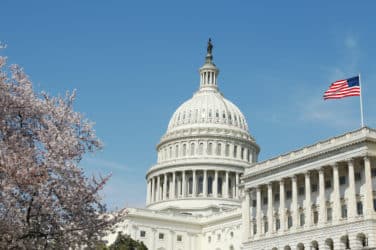
An uncertain regulatory environment combined with a desire to reduce costs is prompting financial services firms to redesign and consolidate their trading systems across asset class and functions.
JPMorgan, for example, has rolled out JPMorgan Markets, a multi-asset class trading platform combining pre-trade, trade and post-trade functionality on to a single platform.
The new platform will enable the bank to deliver new products as it adapts to changing market conditions and clients will find it a faster, more effective and transparent place to trade, the company said.
“We have created JPMorgan Markets to give clients an intuitive user experience, and a convenient and efficient way to trade across different asset classes, all in one place,” said Troy Rohrbaugh, global head of FX and rates trading at JPMorgan, in a statement.
“By having a high degree of automation at every stage of a trade, clients will be able to focus on trading ideas rather than the increasing complexity of a post-regulatory world in trade execution, post-trade clearing, settlement and reporting.”
Overall uncertainty around regulation is a major pain point for both the buy and sell sides, as there are a number of moving pieces and different regulators contributing on different areas.
This is especially the case in over-the-counter derivatives, which are transitioning from a bilateral world to a centrally cleared and executed model.
Swap dealers and major swap participants are “faced with a need to build technology and overhaul existing systems and processes to move from bilateral trades to centrally cleared transactions”, said Alberto Corvo, managing partner, financial services at eClerx, which provides consulting and IT support for trade lifecycle processes.
In addition, said Corvo, is the “complexity of monitoring counterparty risk across cleared and uncleared (bilateral) trades, across different brokers with different systems”.
The past few years have seen intensive discussions and industry debates around regulatory changes, market structure reforms and the impact on bank resources.
“The industry has reached a pivotal moment where it is now time to execute rather than talk, with regulatory uncertainties still ahead,” said Cubillas Ding, a research analyst at Celent, a consultancy, in a report.
According to a study by Celent, Basel III and the OTC reforms are the regulations that will have the greatest impact on trading desks in the coming years.
Overall, 38% of study participants said that the aggressiveness of regulatory changes and related uncertainties are exerting the most pressure on trading desks.
For banks with capital markets businesses, technology spending will go into areas such as connectivity to new market infrastructures, OTC client clearing initiatives, efficient collateral management/optimization and regulatory capital/counterparty valuation adjustment management, according to Celent.
The JPMorgan Markets platform will offer clients research, analytics and structuring tools, multi-product trading and extensive post-trade capabilities, with a single log-in.
Over time, it will give access to liquidity across asset classes, market-leading algorithmic tools and connectivity to countless trading venues, as needed by clients or mandated by future regulations.






